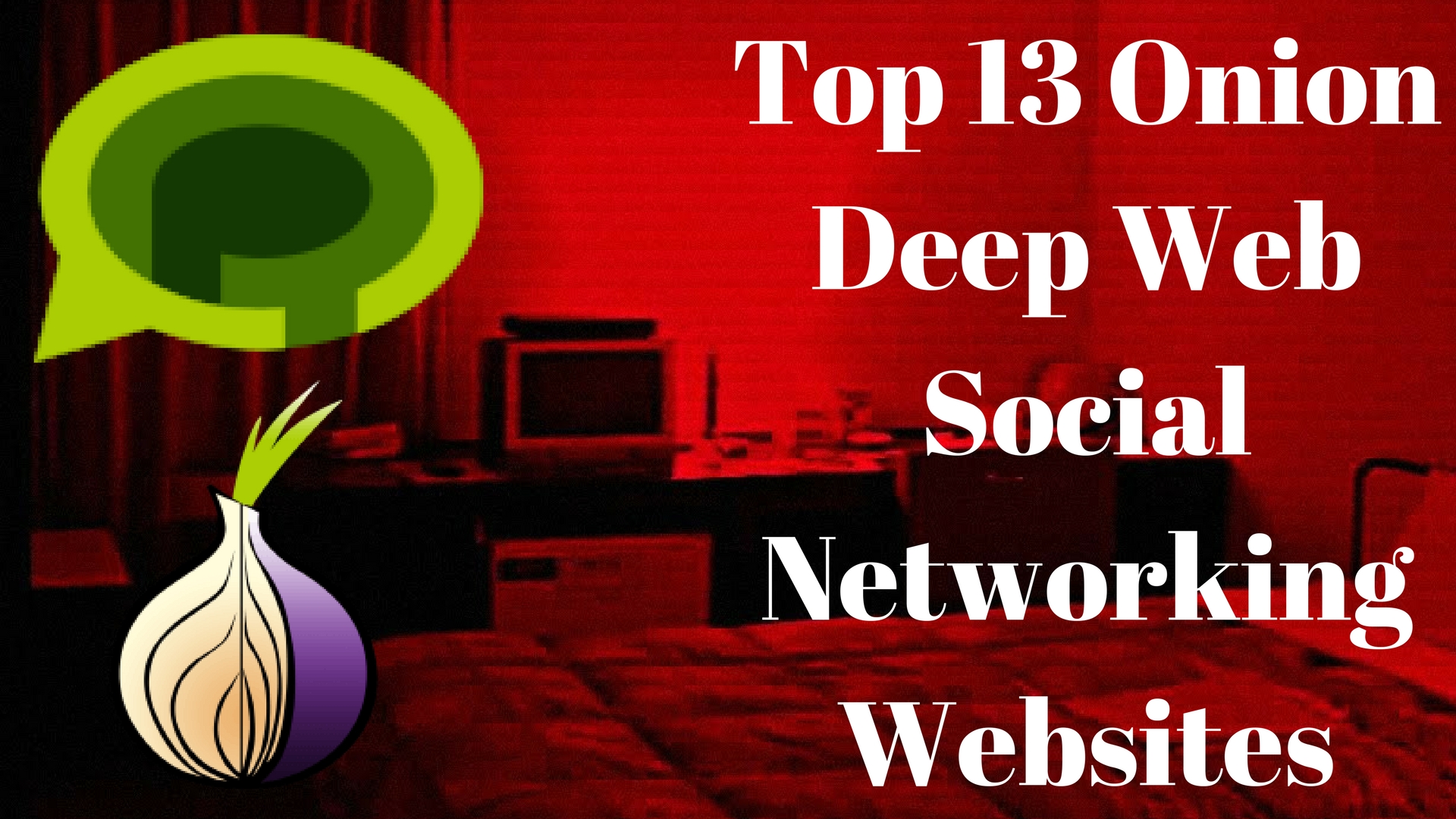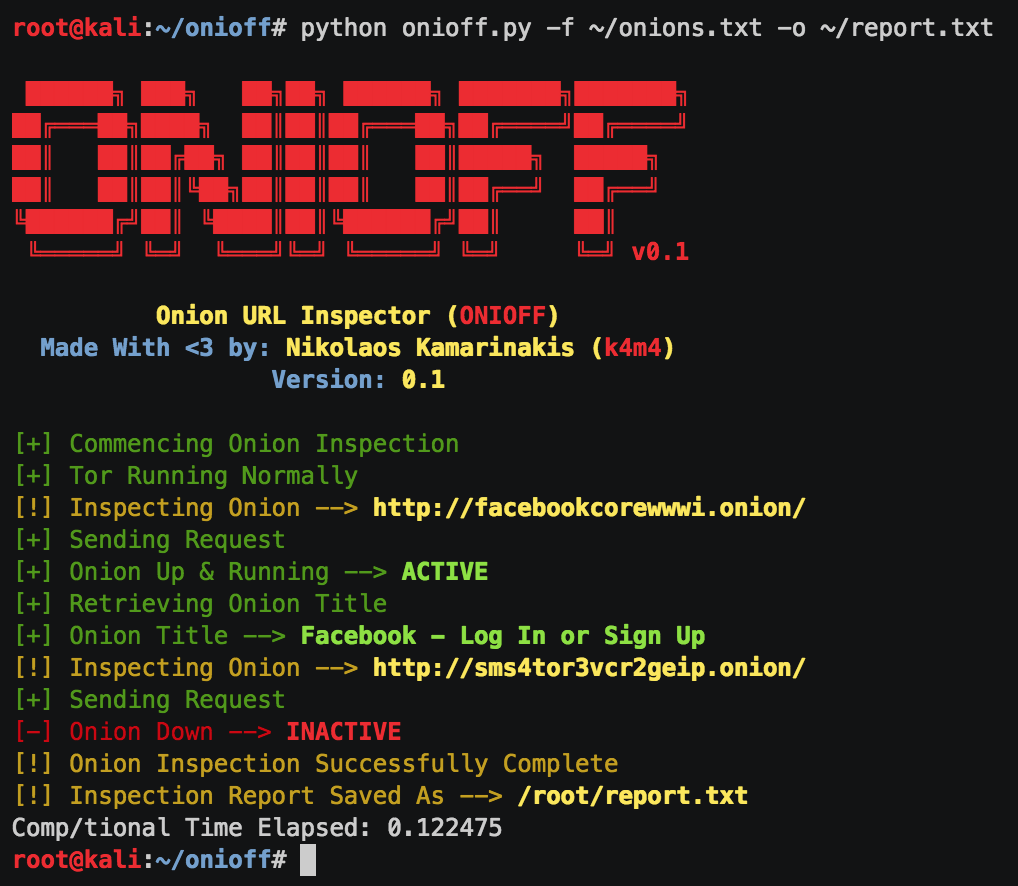

“If you add a feature where you can identify people, then you create a backdoor, a vulnerability. She condemned the use of anonymous browsing for criminal activities, but admitted that Tor could do little to reveal criminals’ identities.
#Deep web onion tor download
“We have seen successful stories made through common police work, like watching people’s behavior or getting to download a link or file.”īagueros recognized that criminal activity may occur through Tor browsers, but noted that the darknet hosts only a small portion of online illegal activity. “I’m not saying Tor is perfect, because there is no technology that is… but we haven’t yet found an attack, or even evidence of someone exploiting a vulnerability in our technology to deanonymize people,” Bagueros said. With Interpol, the FBI, and other law enforcement agencies successfully arresting online criminals, some users may question how much privacy and anonymity the Tor browser truly offers. Its creator, Ross William Ulbricht, is now serving a lifetime sentence in prison. In 2013, the FBI investigated and shut down The Silk Road, an online market that hosted laundering activities and illegal drug sales using Bitcoin. With the rise of cryptocurrencies (which allow anonymous, difficult-to-trace transactions), darknet markets have garnered greater attention. “ contain everything related to drugs, weapons, databases, research materials, etc… Threat actors sell databases, hacking services, malware, etc.” Gautam said. Gautam said that darknet ecommerce plays a significant role in driving the market for stolen data.

Apurv Singh Gautam is a threat researcher at Cyble, a cyber threat intelligence company. Many associate this part of the web with illicit activities and nefarious forums. The dark web is the subject of much controversy and curiosity. “Sometimes people just use it to access the normal internet when their country has a firewall.”įacebook, secure email addresses, bitcoin wallets, VPN providers, radios, and news outlets including ProPublica, BBC and Sci-Hub are all available through the Tor network. Tor is currently being used in Russia and the Ukraine, where there is a lot of surveillance and censorship happening,” Bagueros said. “There are technical examples like Chelsea Manning and Edward Snowden, as well as campesinos and Indigenous communities who document violations and need a secure method of communication with lawyers. “People use Tor to protect themselves because their rights are being violated.”Īctivists, dissidents and whistleblowers have been known to find protection from censorship and arrest through Tor.
#Deep web onion tor free
“Our mission is to advance human rights by providing free and open technology for people to have privacy and anonymity on the internet,” Bagueros said.

Bagueros emphasized the power of Tor in allowing free dialogue and access to information. Isabela Bagueros is the executive director of the Tor Project. Now, the organization is a registered non-profit that supports free speech, transparency and online civil liberties.
#Deep web onion tor software
In 2002, Tor’s creators released the code under a free and open software license. Navy in the 1990s to allow secure communications between officers, so that hostile forces could not determine users’ identities and location even if they were monitoring internet traffic. This way, authorities monitoring internet traffic cannot track the location of Tor users.

“Onion routing” allows anonymous browsing and communication by bouncing a searcher’s internet traffic through three “layers”, or random servers in the Tor network. But, there are certain anonymized, private encrypted browsers that allow access to the darknet,” Peña said.Īccording to Peña, The Onion Router, or Tor, is the most common way to access the darknet. That’s how they send us content that they advertise or sponsor. “All of our other browsers– Chrome, Firefox, Internet Explorer– track us by location. Joslenne Peña is a visiting assistant professor at Macalester who specializes in human-computer interaction. The dark web is a small, hidden part of the deep web that requires special software to access. This includes anything with a log-in or a paywall, including personal email or social media accounts, databases or dropbox. The deep web makes up the other 99.7% of the internet and contains encrypted sites that don’t immediately show up through searches. The surface web makes up about 0.03% of the internet, and includes anything immediately accessible by the public through search engines like Google or Bing. The internet can be divided into three main parts – the surface web, the deep web and the dark web.


 0 kommentar(er)
0 kommentar(er)
